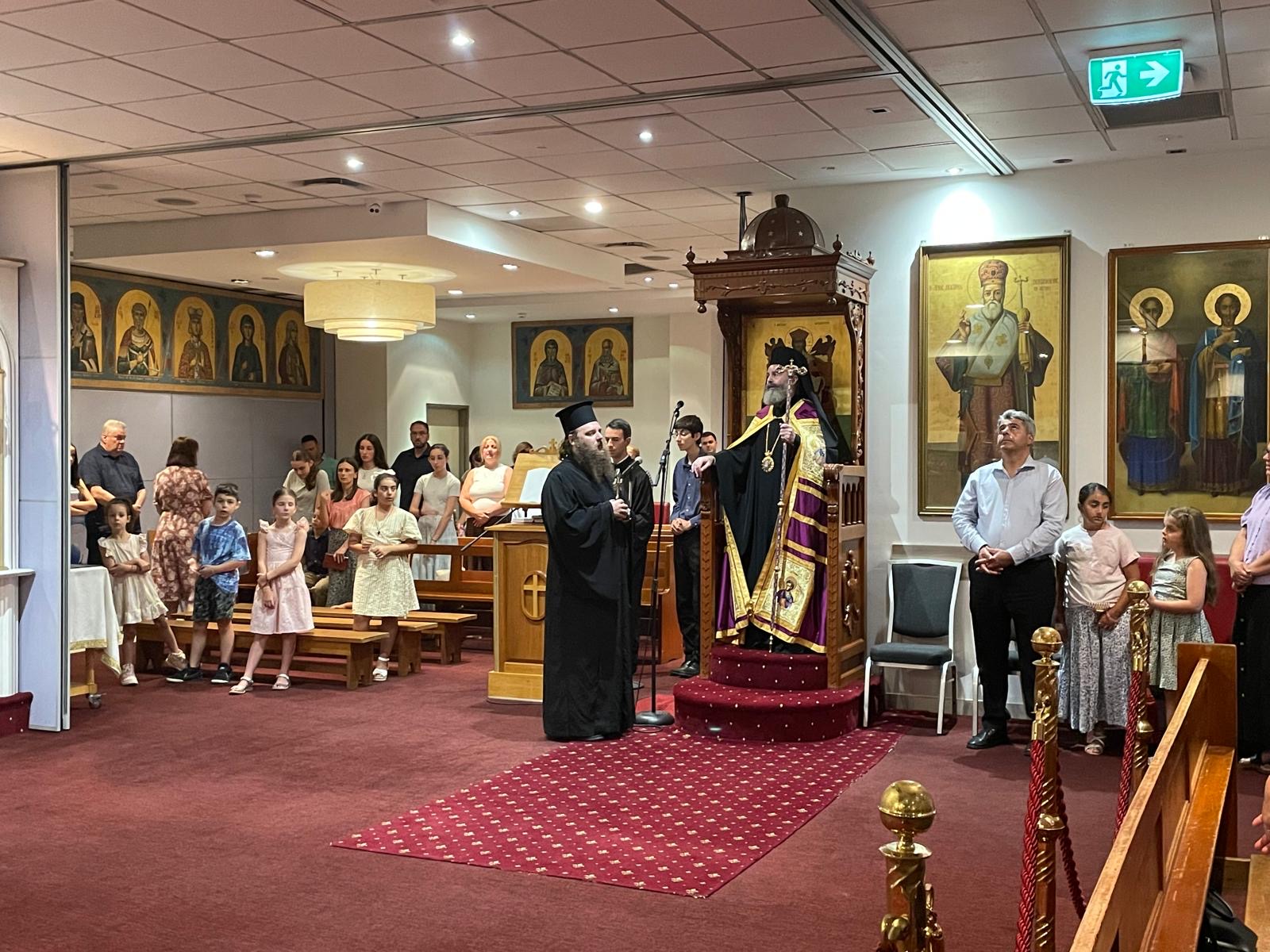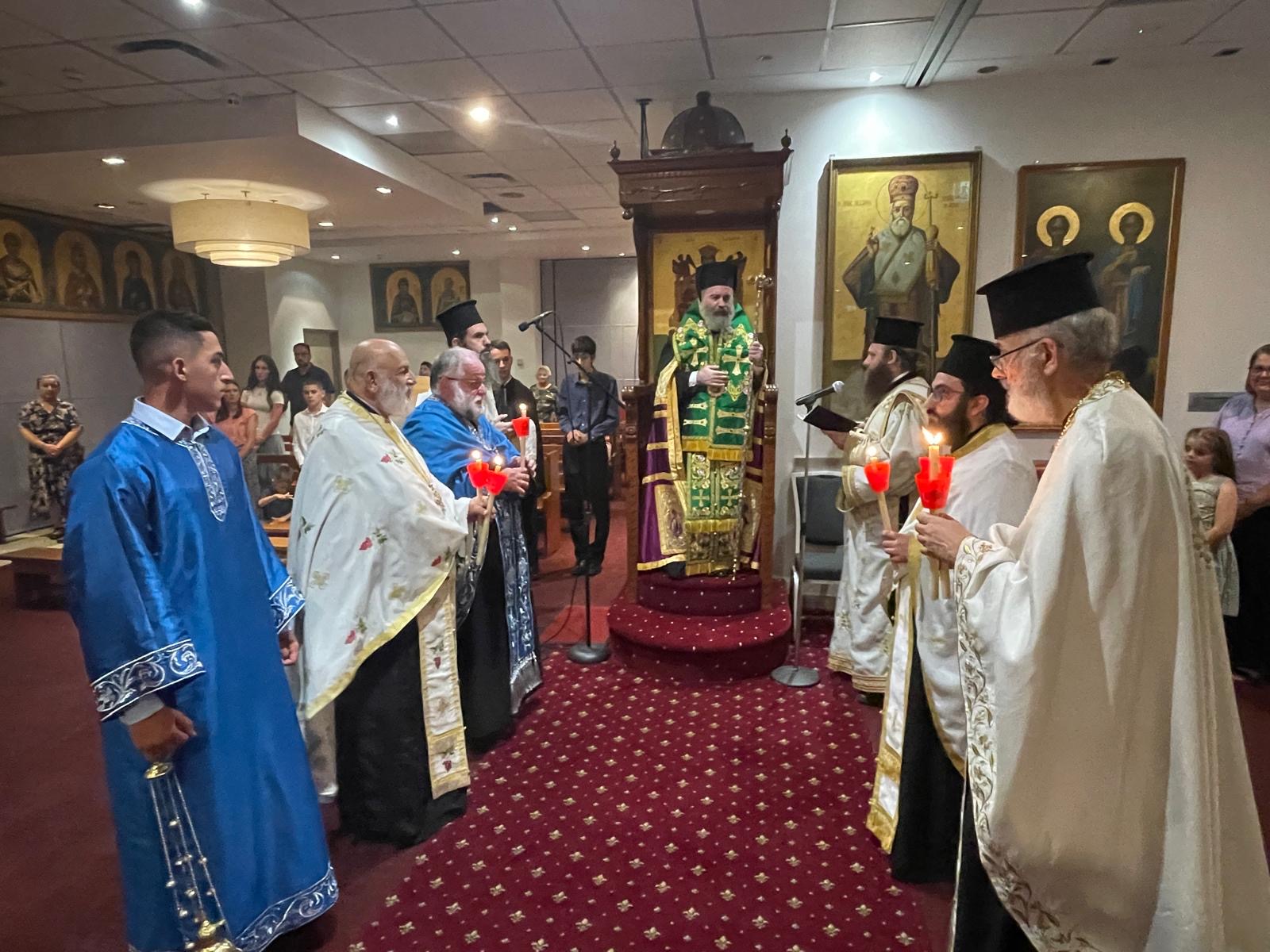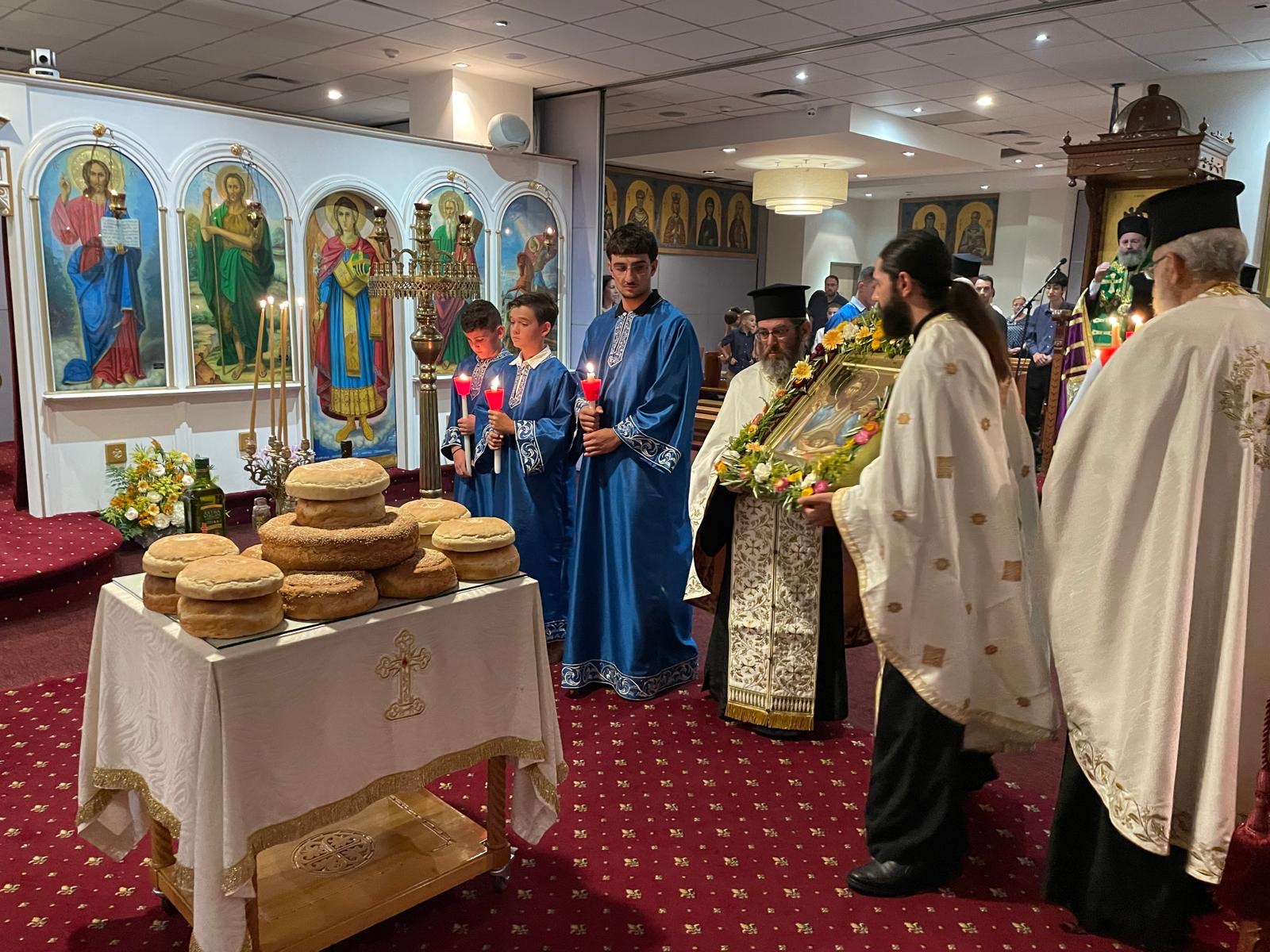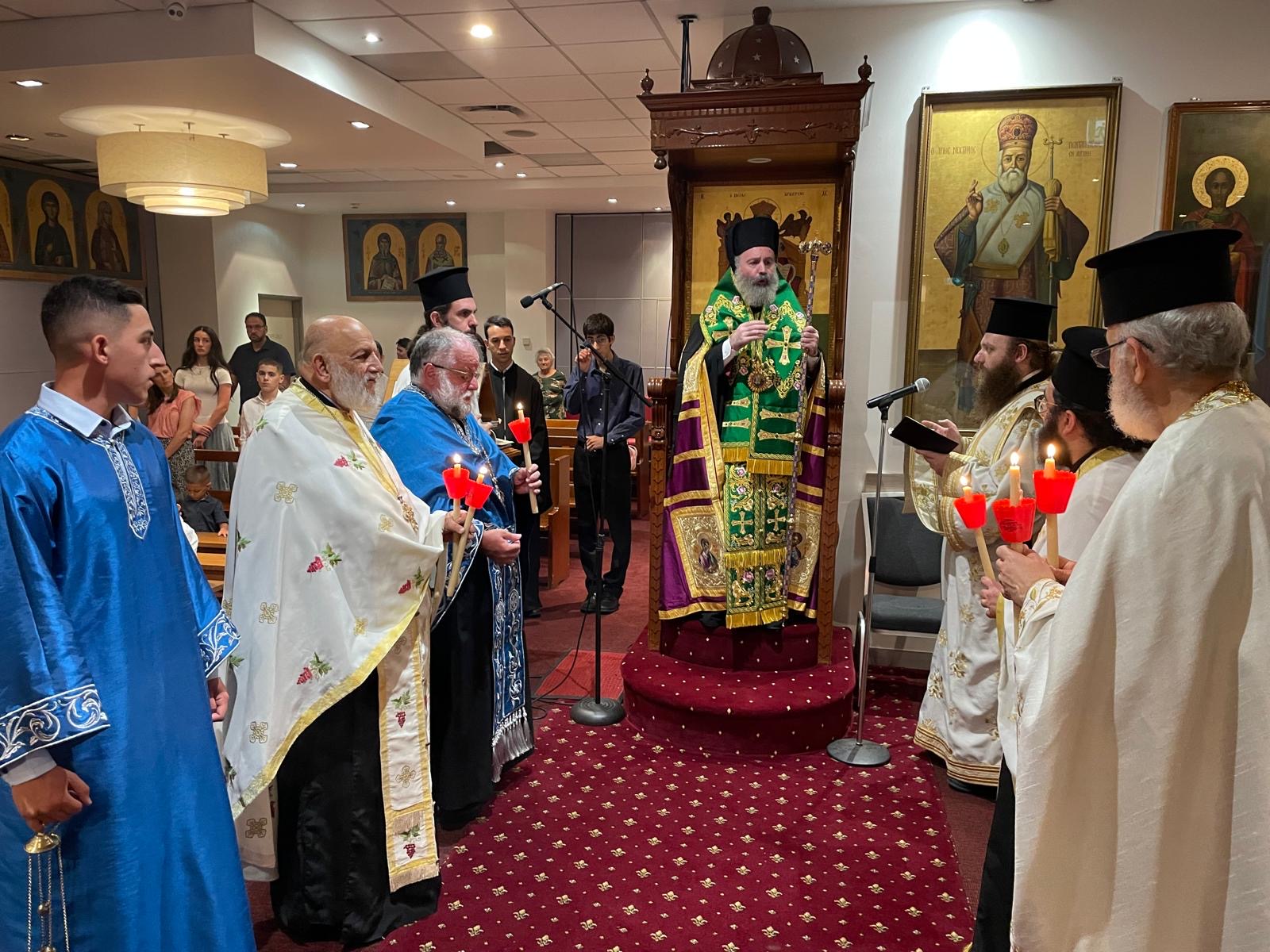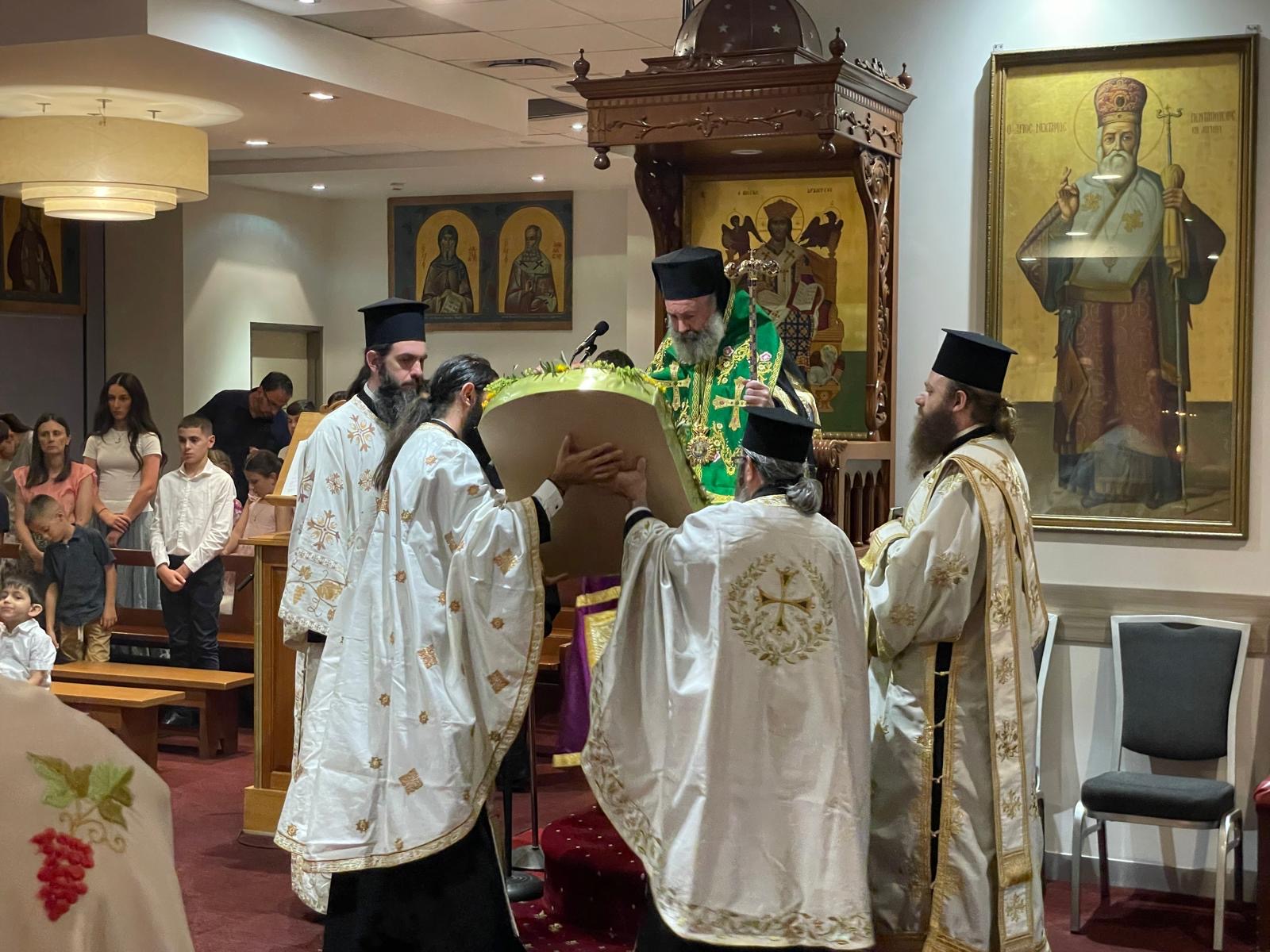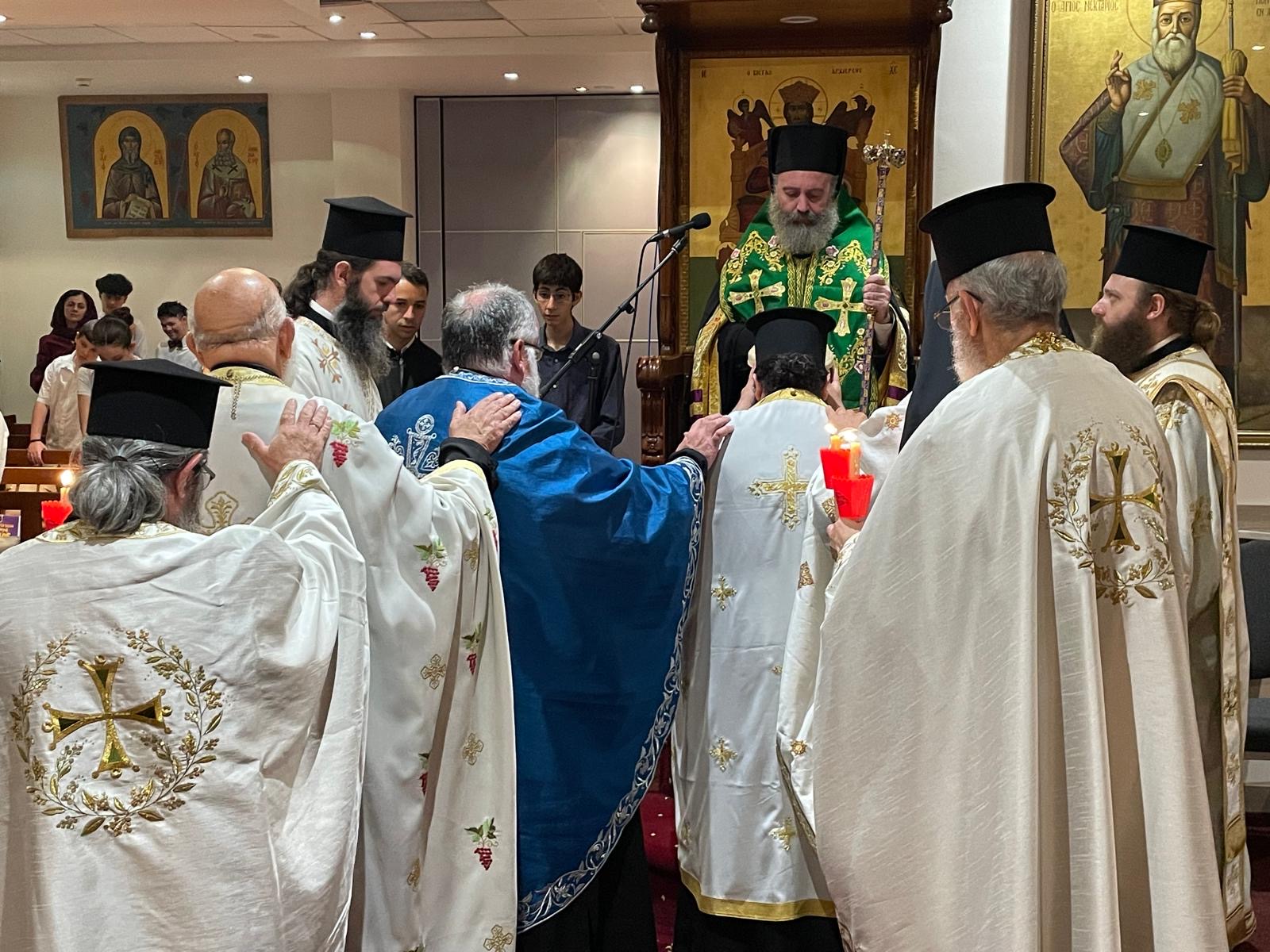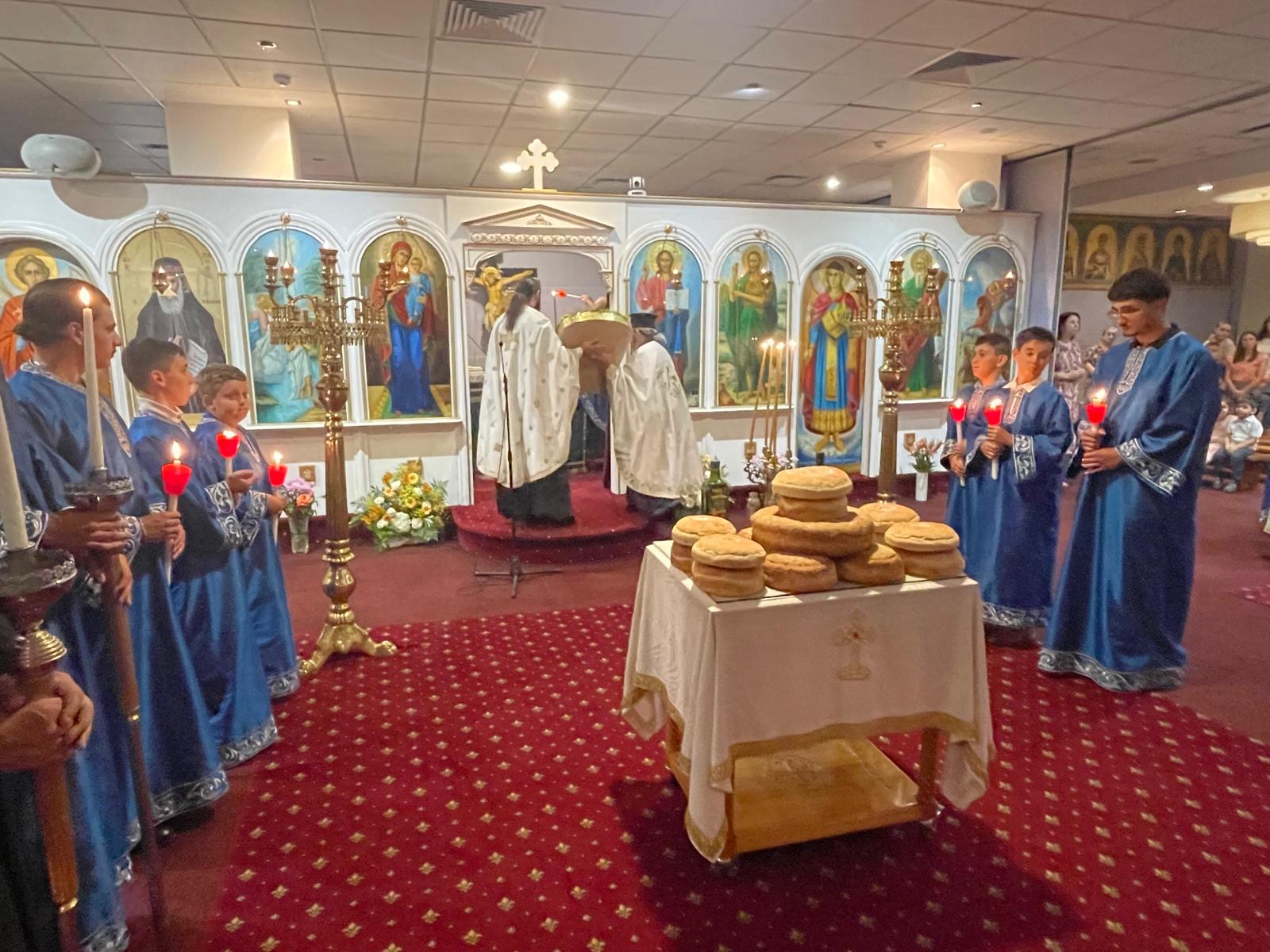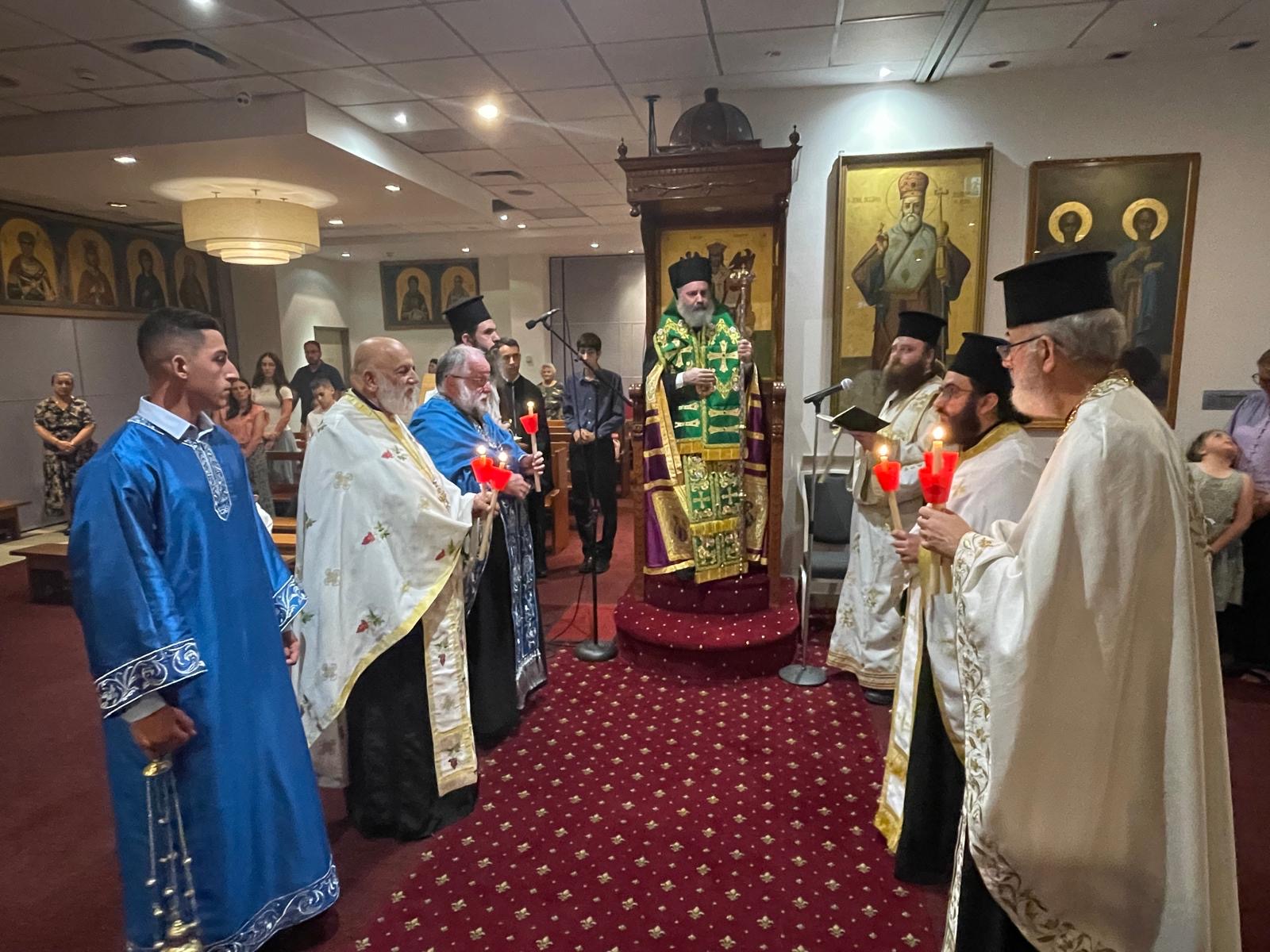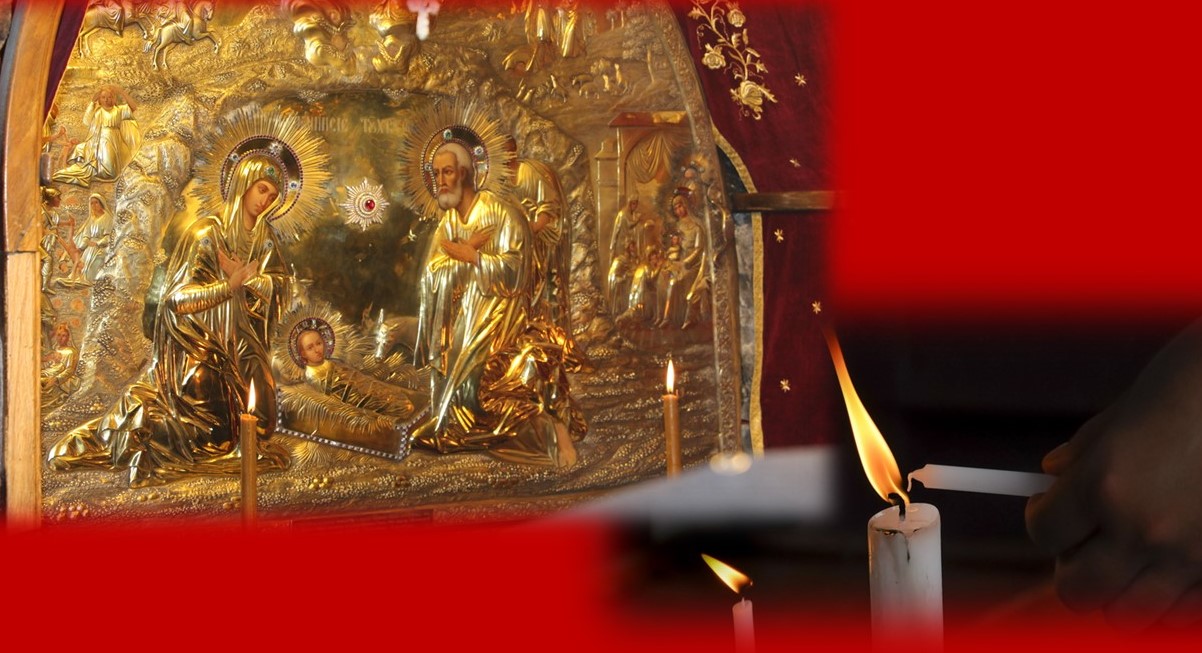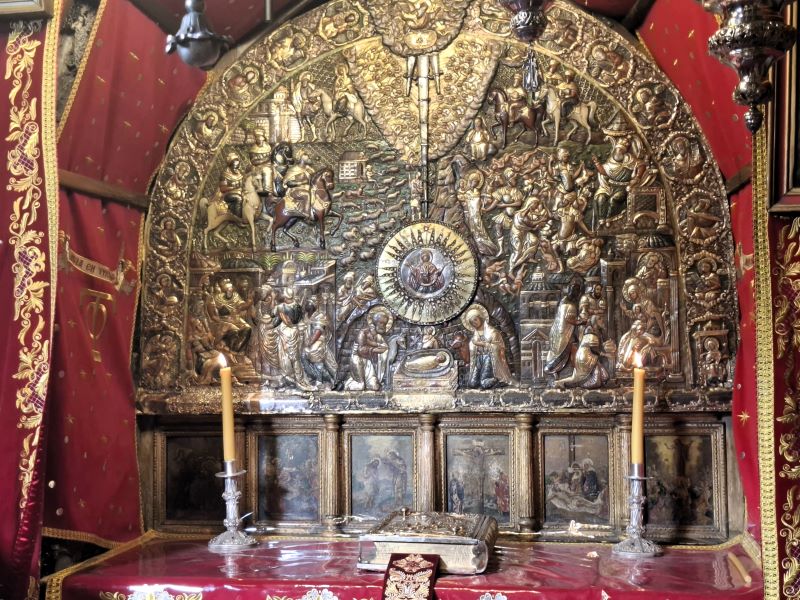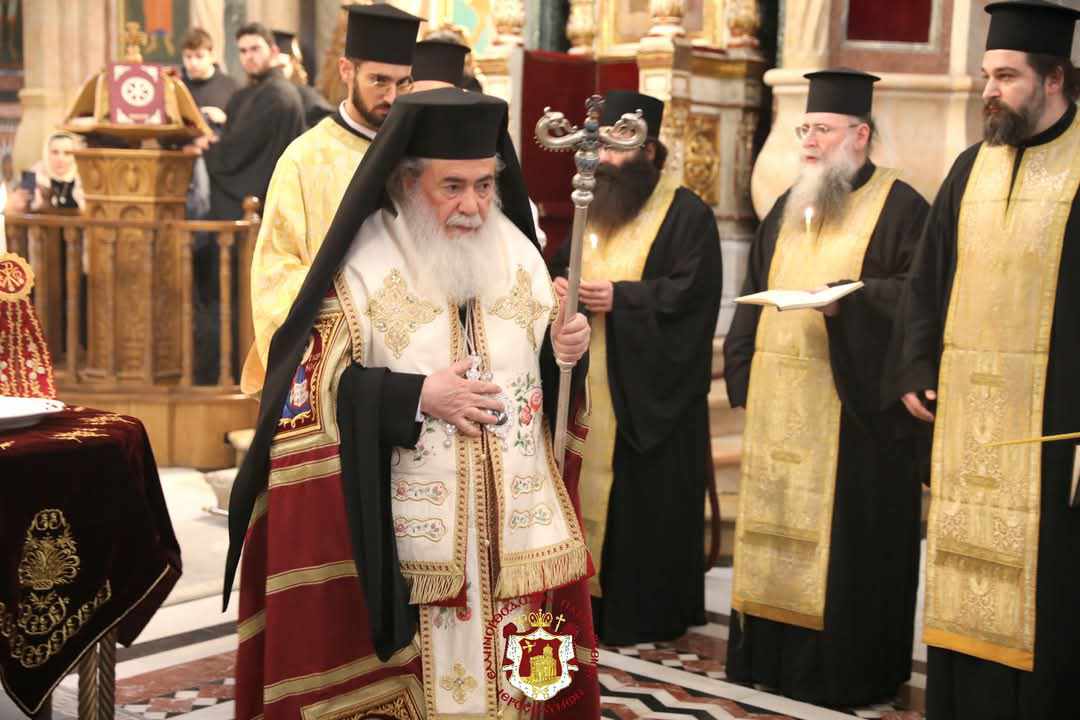Archbishop Makarios of Australia: “The preaching of Saint John the Baptist did not unsettle people, but offered ease “
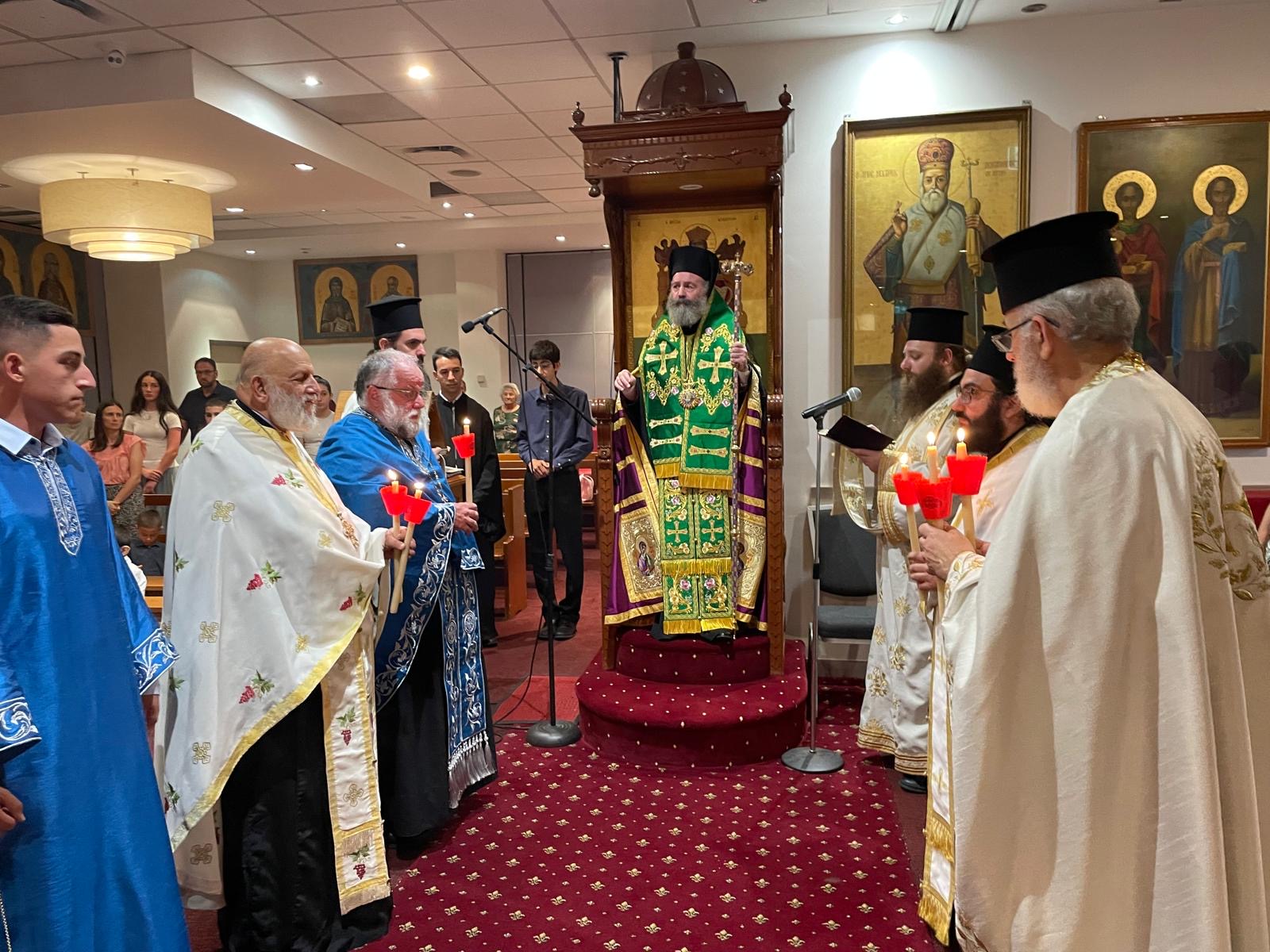

On Monday evening, 6 January 2025, the Great Vespers on the occasion of the Feast Day of the Synaxis of Saint John the Forerunner and Baptist, took place with due splendour and was officiated by His Eminence Archbishop Makarios of Australia, at the Church of Saint Ioannis in the Sydney suburb of Parramatta. During the Vespers service, His Eminence was joined by the Parish Priest, Father Dimitrios Kokkinos and other clergy of the city of Sydney.
The earthly life, the graces and the virtues of the honoured Saint, and the Patron of the Greek Orthodox Parish – Community of Parramatta, were at the centre of the inspired sermon of His Eminence Archbishop Makarios of Australia. Presenting and analysing aspects of the spiritual personality of the Holy Forerunner, His Eminence recalled, among other things, that as the last Prophet, he “connected the Old with the New Testament”, as well as that he “opened the path of asceticism and monasticism”.
His Eminence particularly focused and delved into the godly zeal with which the “greatest ever born of women” preached – hence the rightful characterisation of “zealot”. He clarified, however, that he was a “conscious zealot”, who preached the truth with zeal and love for God and his fellow human beings, in contrast to the phenomena – both past and present – of “unconscious zealots”, who preach with fanaticism, intolerance and fundamentalist severity. “The preaching of Saint John the Baptist did not unsettle people, but rather offered ease” to those who listened, the Archbishop characteristically emphasised.
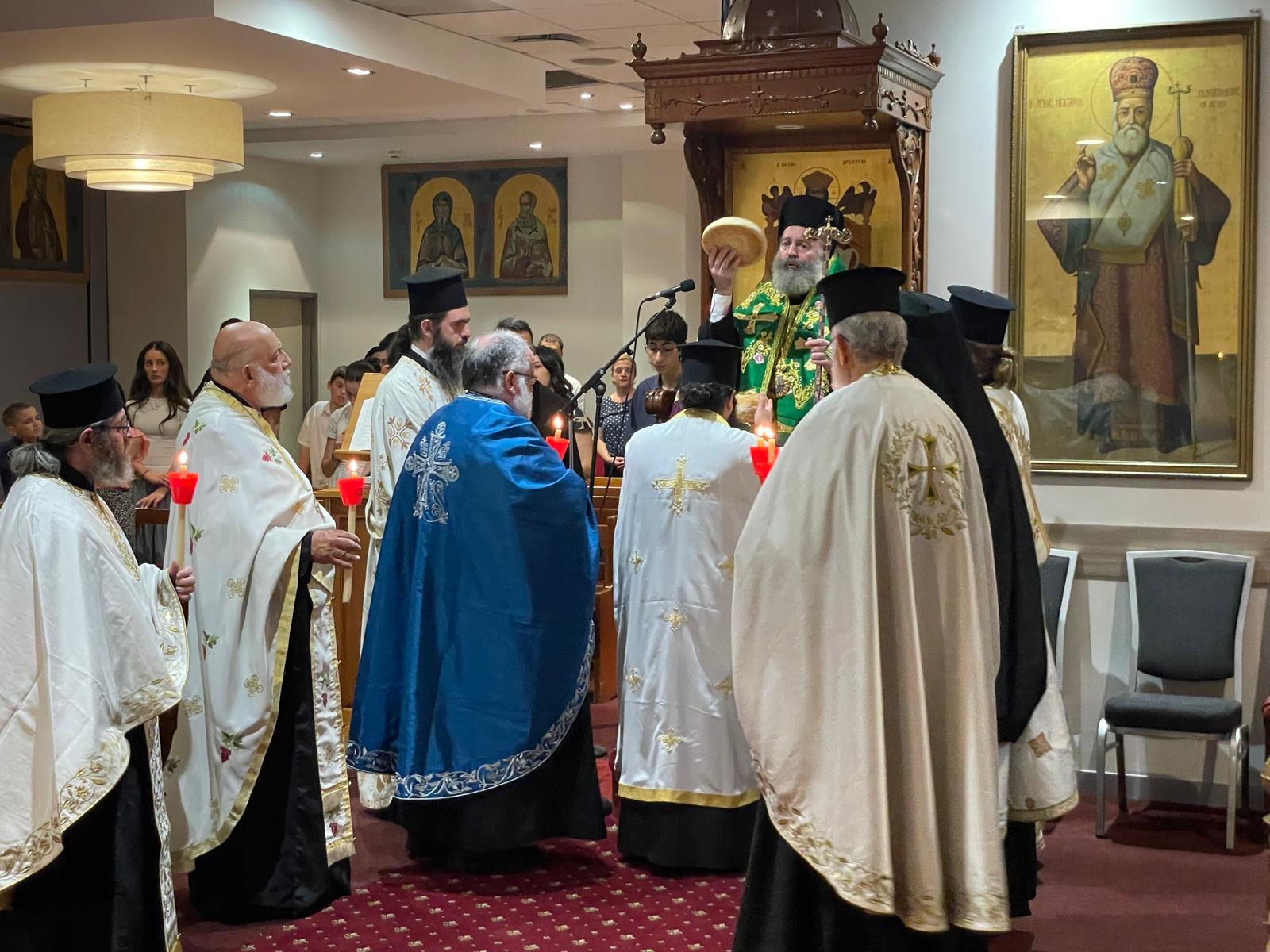

Finally, His Eminence noted that at the core of the sermon of the Holy Forerunner was the call for repentance, as reflected in his words: “Repent; for the kingdom of heaven is at hand.” His Eminence asked the faithful to recall this specific word regularly, if possible daily, pointing out that every person makes mistakes and sins and must repent and seek God’s mercy. “Even if we consider that we have no sins,” he concluded, “let us repent because in our daily lives we do not appear worthy of the love that God shows us.”
